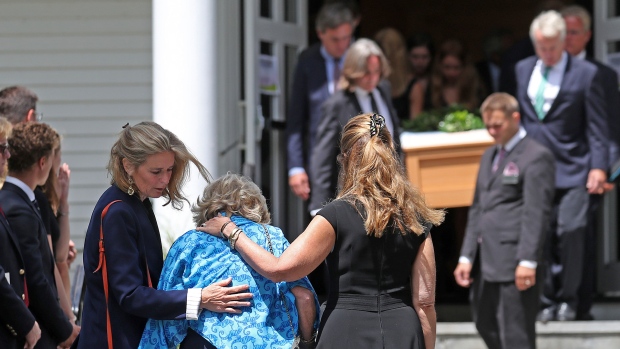Seoul’s solution to boost the birth rate
Birth and marriage rates are lower than ever in most East Asian countries. One university in Seoul decided to introduce a class that is supposed to encourage the young generation to get married and have children.
Eun-Joo Lee is a professor at Dongguk University in Seoul, the capital of South Korea. One day, she asked her students to first draw a bottle, and then a bicycle. The thing is that was not an art class. It was actually a ‘marriage and family’ course designed by the professor with the intend of helping marriage-phobic singles see the advantages of having a family of their own.
There’s a reason why she chooses the bottle and bicycle drawing – it provides a measure of the masculinity or femininity of students. In case a woman starts drawing the bicycle from the front, it’s a sign she has masculine traits, which ‘is not something negative,’ the professor explains, but simply a trait of her personality she should be aware of.
The next thing the professor does is to present her students various images of girls playing with certain toy tools and of boys pushing buggies. These are examples of some European toy advertisements and are a good starting point for gender stereotypes discussions.
Why are the birth rates low?
Most young South Koreans nowadays choose not to get married and if they do, they choose not to have more than one or two children. It’s one very complicated and ticklish topic in this country, especially due to its history related to traditional gender roles, which lasted for so many years. There’s a deeply rooted concept in Korea that women’s main role is to deal with household activities, whereas men are the ones to ‘win the bread’ in the family. This way of seeing things has impacted the view most young Koreans have on marriage and family.
2017 was the year that birth rate in Korea was the lowest in the past decades. Despite the government’s effort on boosting national fertility by spending high amounts of money, things did not get better. The government opted for providing priority access to every family with at least three children who requested public childcare services, for paying for infertility treatments and for providing paternity leave, but none of these worked.
This has generated the appearance of a new phrase in South Korea – the ‘Sapo Generation’, which was attributed to people who ‘give up three things’: courtship, marriage and raising kids.
According to Lee, one of the main causes for the appearance of this phenomenon is that young Koreans are more preoccupied to get better paid jobs in order to become independent from a financial point of view. This happens in an era of slow growth economy and high unemployment rate. One of the students that attends Lee’s course, Ji-Won Kim says that
‘People around me do not want to get married because it costs a lot to raise babies and send them to school. I have female friends who tend to think paying rent by themselves, buying things they want, raising a puppy and just dating are better.’
The course utilizes the ‘dating text’ practice
There are several exercises that students participating in the ‘marriage and family’ course are required to do. One of them is called ‘pair play’ (or ‘mandatory dating’, as it is referred to by students). For this, students are required to work with a partner and to undertake various tasks that they might encounter if in a real relationship. They have to plan ‘their wedding’, to go on affordable dates, to make a ‘marriage contract’ and so on.
Students also have lessons on sex education, which is a challenging thing for Lee, considering that most schools in Korea choose to tell women not to get pregnant, without giving any extra explanations why or when they shouldn’t do so. Sex education might make students feel more in control of their own sex life and fertility.
Source: bbc.com







